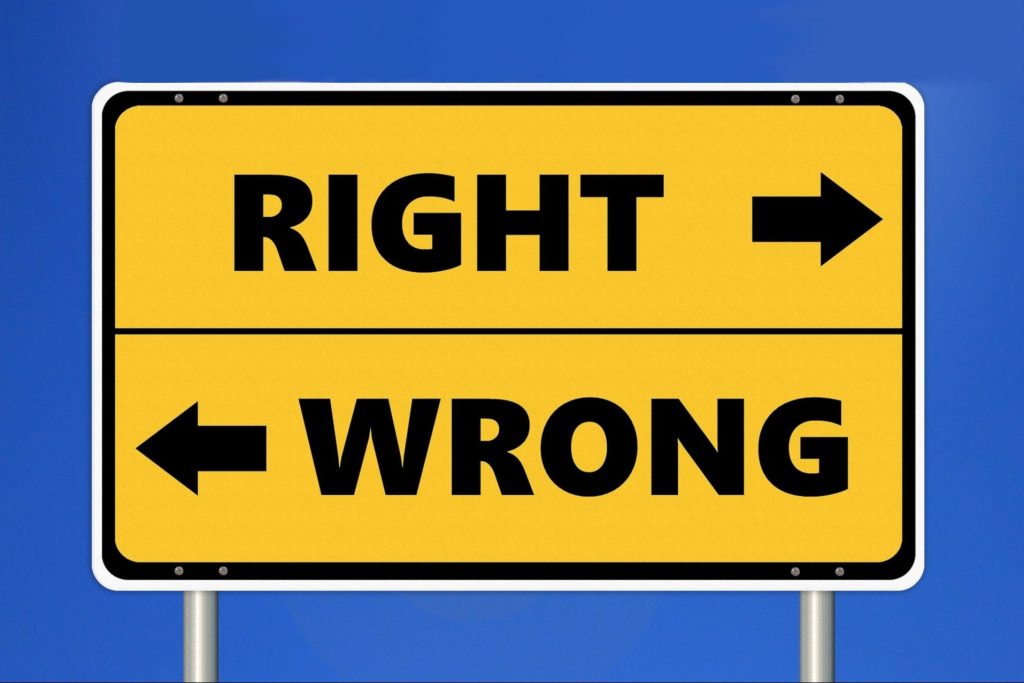Operating Your Business Ethically

Owning a business, as we know, is a never-ending management role. Despite the stress and worrying about finances, targets and morale – do you ever think about the ethics of your organisation?
There is an expectation among all business to operate and behave ethically. By ethically I mean what our society deems morally to be right or wrong. Although it may not be at the forefront of your business, ethics within the workplace and corporate social responsibility have become more prominent nowadays due to our society’s changing values. It’s now vitally important to establish the ethics your company holds and state why you value them. You can no longer just follow the law and still be considered an ethical company. You must go the extra mile and justify why you operate this way and how you are continually contributing towards operating more ethically and sustainably.
Ethics in Application
Operating ethically to some will come naturally, but a lot of the time it can be difficult to comprehend the many ways your company may impact your market, environment or your workforce. For growing companies, this is especially important, as the larger you grow, the larger your impact is and with it, comes with both anticipated and unexpected ramifications. Ever since Social Media was first introduced, it has become easy for customers to report bad service or something which someone would deem unethical. It’s the popularity of Social Media and its ease of use that has led to the loss of multiple company reputations because of instances where a customer has identified an ethical issue.
Some common areas where people have been reporting ethical issues have been regarding; proper waste management, the treatment of staff and customers in the retail environment and how ingredients are sourced. These are just a few examples of where many ethical issues have arisen but it highlights how all parts of the business have ethical considerations which should be adhered to. Social Media has caused a rise in the number of reported whistle-blowers, bringing awareness to the masses, how common it is to work in a bad or unhealthy environment. It has also empowered consumers to be more particular with the products they buy as it’s now so easy to search an ingredient and understand what its benefits and implications are. Consumers are becoming increasingly aware of what they are purchasing, who they are purchasing from and its distribution.
Conclusion
Operating ethically is difficult, most of the time it’s not because the company doesn’t care about ethics -It’s due to the processes and procedures of employee implementation. During a new employee’s induction, they should be made aware of the company’s values and how they operate. They should be working in a culture where everyone understands the company’s goals and personality. If this isn’t made apparent, then how is that employee meant to reflect that in their work? The answer is they can’t. It can cause brand consistency issues, supplier relation issues and in this case, ethical issues.
A document which could help somewhat alleviate this is an official branded Code of Conduct. This states what is expected of employees when working with each other, and when communicating with suppliers and clients. It sets the minimum standard and encourages consistency among the workforce. Although it’s not a complete fix, it’s at least something physical which employees can refer to. Many companies have an official “vision” where they sum up their core function, and state what attributes they value, this is their way of communicating with their stakeholders who they are. See when an employee is rude to a customer, they have either dealt with an extremely bad customer, or they don’t value customer service as highly as the company does. This means there was inadequate hiring or miscommunication within the hiring process. Same goes for an operations manager, they have to be a personable individual, otherwise, how can they interface with the majority of the workforce as well as suppliers.
Ultimately, your workforce are the cogs in your organisation. It’s your responsibility to make sure the right cogs are fitted in the right area and understand the reasons behind why they are turning. It’s the workforce’s responsibility to stick to it. Doing this will minimise a lot of risks within the business, especially ethical ones.
Written By Leyla Hussein

